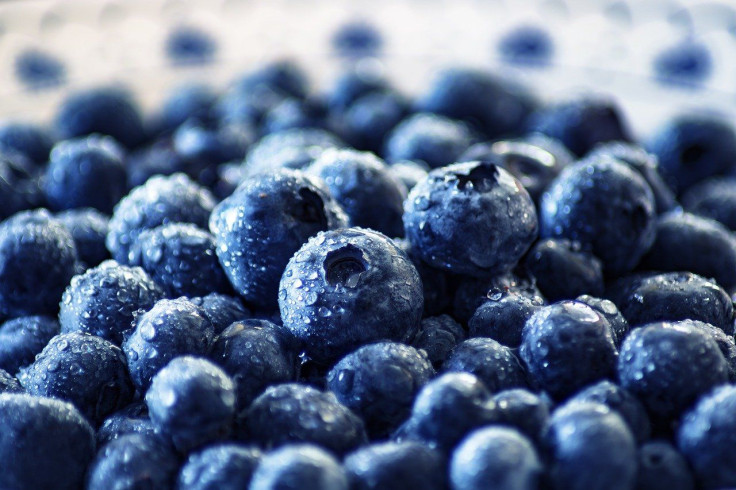Wild Blueberry Extract Can Help Heal Wounds, Study Finds
KEY POINTS
- Chronic wounds don't go through a normal and timely repair sequence
- Researchers tested blueberry phenolic extract on live wounds
- The study revealed better wound healing time and blood vessel formation
Certain wounds don't heal quite as well as others, but a team of researchers has found how an extract from wild blueberries may help with healing.
About one to two percent of the people in developed countries are estimated to experience a chronic wound in their lifetime. These are the wounds that don't go through a "normal, orderly, and timely sequence of repair" or where the process doesn't restore functional and anatomic integrity. In the U.S., for instance, about 6.5 million people are affected by chronic wounds, and the number is expected to increase with the aging population.
Some chronic wounds, such as diabetes-related sores and pressure ulcers, may be considered "non-healing," The American Physiological Society (APS) noted in a news release. This is due to reduced vascularization — the process of growing blood vessels into tissue for better nutrient and oxygen supply — which is important for wound healing.
Previously, researchers from the University of Maine found that a phenolic extract from wild blueberries helped improve vascularization in human umbilical cord cells. As the APS explained, phenols can be found in some foods naturally, and they can work as antioxidants to "prevent or reverse" cell damage.
For their new work, which is set to be presented at the APS' annual meeting at Experimental Biology, the researchers tested the wild blueberry phenolic extract on live wounds. Indeed, when they treated rats with a topical gel with the wild blueberry phenolic extract, they had better results, with a 12% increase in wound closure, compared to the rats that either did not get treatment or were treated with a topical gel that did not have the phenols, APS noted.
"Wild blueberries have the potential to enhance cell migration, new blood vessel formation (angiogenesis) and vascularization and to speed up wound closure," Tolu Esther Adekeye, the study's first author, said in the news release. "This is especially important in conditions that require enhanced wound closure in patients with chronic wounds such as diabetic wounds, burns and pressure ulcers."
This is not the first time blueberries have been found to have benefits for health. In 2020, for instance, a team of researchers also found that a blueberry-rich diet can actually improve skeletal muscle mass and function.

© Copyright IBTimes 2025. All rights reserved.






















